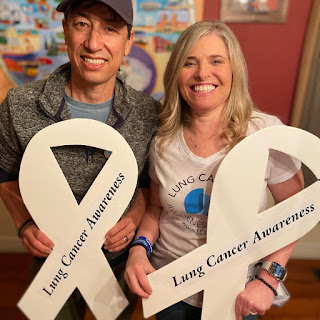Precision Medicine: Are We Making Progress?
The
Precision Medicine Initiative, launched by President Obama in his 2015 State of
the Union speech, aims to extend the concept of precision medicine — the right
treatment or prevention plan for the right person at the right time — beyond
cancer, where we have seen great progress, to all health conditions. A key part
of this effort involves building the Precision Medicine Initiative Cohort
Program, a group of at least 1 million Americans who will donate data about
themselves, everything from health records to genetic sequences and diet
surveys. FDA Chief Dr.
Robert Califf thinks that number should be as high as 100 million. Perhaps
this may be possible. In a recent survey published in PLOS
One more than half of the 2,600
respondents (54 percent) said they would definitely or probably be willing to take
part in the program.
The
President called for $215 million in fiscal year 2016 to support the Initiative,
which includes several components with efforts from across the federal
government. Of this total proposed budget, $130 million was allocated to NIH to
build a national, participant group,
called a cohort, and $70 million was allocated to the National Cancer Institute
to lead efforts in cancer genomics. Cancer has shown the most promise in
efforts to target treatments to the specific mutations of cancer patients.
One such
company leading efforts in helping patients by using precision medicine is Cure Forward, in Cambridge,
MA. This is a small team with a vision “to create a platform to connect
patients with genomic medicine, bringing the possibilities of precision
medicine directly in reach. A way to use the best of technology to help people
diagnosed with life-altering disease discover all of their options. We want to make it easy for patients to
understand the root cause of their conditions and put the knowledge to work. Get
their data, find treatment options, including clinical trials.” I recently met
with the Founder, Martin Naley, and my friend Alicia Staley, Patient Advocate
to catch up on their progress. It’s an exciting vision to teach patients about
molecular diagnostic testing, precision medicine, connect with other patients,
and help them get into clinical trials.
I’m optimist
about the direction we are going with precision medicine. While some have been
critical of Vice President Joe Biden’s “Moonshot”, his Summit
showed that there are a lot of very smart people involved and getting behind
the effort. Yes it is complicated, but once again shows the need for
collaboration in the fight against cancer. As I have written about many times, “we
are all in this together”.
#CancerResearchEvangelist
#gratitude

